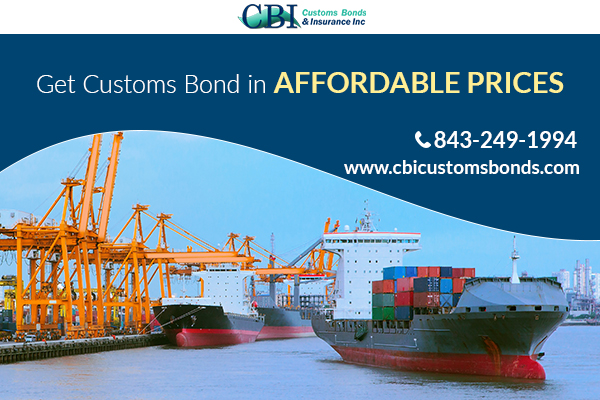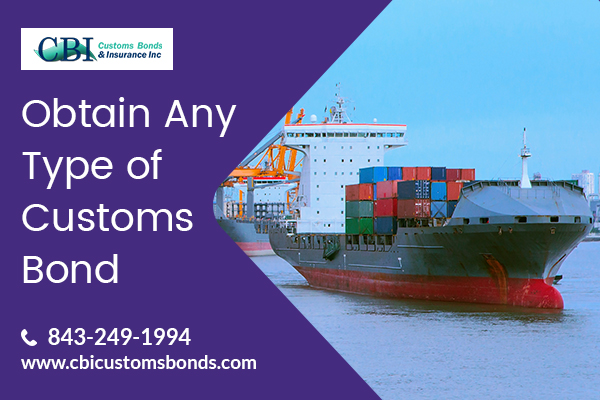4 Things to Remember to Avoid Delay of Your Shipment at Customs
If you are businessmen and wants to do business internationally, shipment of your valuable products to other countries may struggle you. It is a labouring process that requires good experience. So if you’re a new small business that just wants to evolve in other parts of the world then the term “customs clearance” might hurt you. The customs and border protection (CBP) has set some strict rules which make it difficult to get through the customs easily. 301 customs bond and a number of other invoices and bills are mostly the cases of delay of shipment.
Majority of ocean vessels with large stocks have to deal with delay and detention at ports and customs because of their oversight. However, you can avoid problems in customs clearance by following the expert guidelines. The first time you face penalties and holdups at customs bond, it is mostly because you don’t imagine the scenario and don’t prepare for it. So if you want to cross borders smoothly and expand business globally, fortunately, with good research and planning, you can hone it very quickly.
1 – Type of Bond
There are two types of Customs bond that are continuous customs surety bond and single entry bonds. The bond price and functioning are quite different as customs surety bond are valid for twelve month period and single transaction bond is valid for the one-time transaction of goods in a single year. So if your shipment’s commercial value is exceeding $2,500 then you should consult to a broker for customs bond information.
2 – Invoice
It is important to submit past commercial invoices successfully to avoid further issues. Most merchants fail to deliver goods timely just because they make a mistake in submitting the right forums. Apart from 301 customs bond, commercial invoices are important documents that determine the specification and entity of shipping products. The purchase and market value is what help authorities in calculating taxes.
3- Classification
At the destination port, following the examination of potential customs surety bond that covers duties, taxes, and other charges; you need to present documents containing information regarding every product. CBP has enforced some special rules for specific goods that relate to federal government agencies such as foods, alcohol, tobacco, firearms, and medicines. In that case, the importing company has to complete additional requirements like import license for prohibited and restricted properties from the respective agency.




Comments
Post a Comment